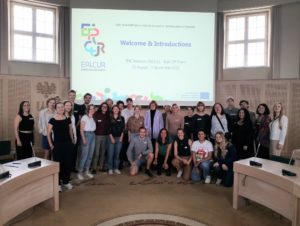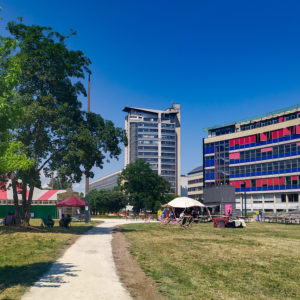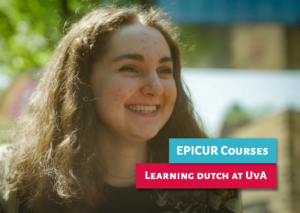“We do not see the world, as the world is, but we see the world, as we are.“
Anaïs Nin
This quote may probably serve to summarize the first aha-moments in our seminar to build Intercultural Competence offered on the EPICUR campus. Unlike regular university lectures this seminar primarily focuses on building competence through connecting personal experiences, interactive exercises and theories based on political science, ethnology, psychology, communication theories and anthropology. The diverse and multicultural setting through the participation of students of the University of Strasbourg, University of Amsterdam and the University of Freiburg and the individual international family history of students itself contributed to a genuine intercultural experience.
However, the planners of the programme are striving to make this seminar more attractive also to students from further away universities.
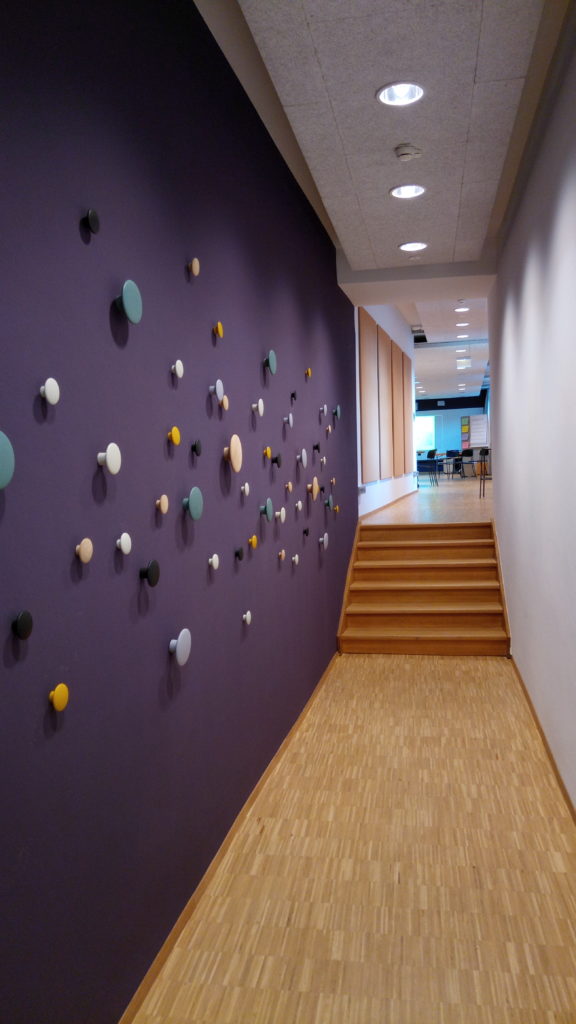
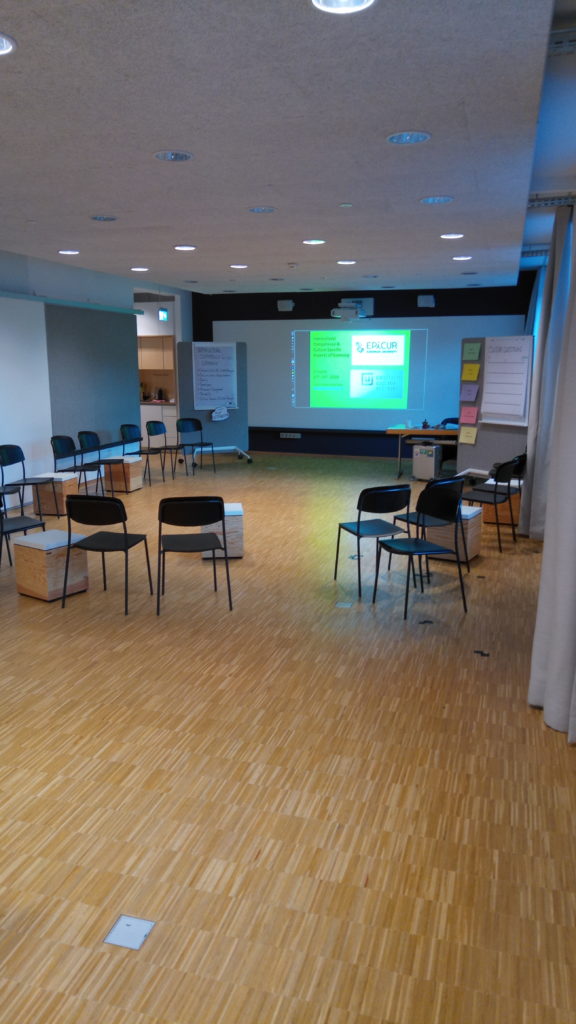
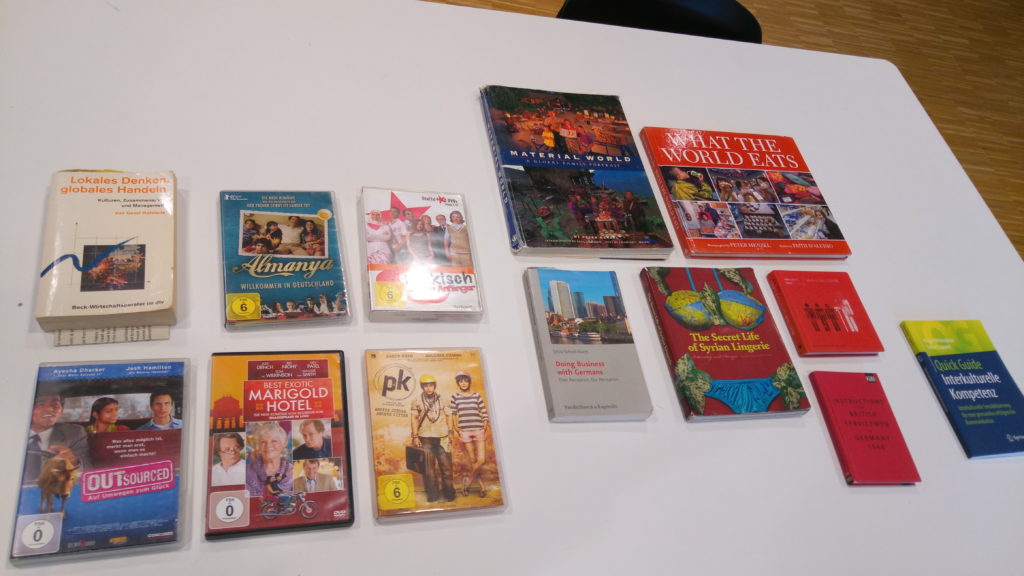
In general we come to acknowledge, that our own cultural imprint and normalities are often the greatest obstacle in intercultural and transcultural settings. Therefore the focus is on understanding own’s own culture before focussing on others. Therefore the experiences of otherness and strangeness are made resources for intercultural learning and therefore, culture grammar serves to reflect on our own culture. A grammar lesson? Yes! Whilst grammar learning in language lessons is often experienced as off-putting, the learning of culture grammar provides students with an exciting taxonomy. Edward T. Hall, the pioneer of intercultural research work found the term ‘culture grammar’, which he used to emphasize the similarities between language and culture learning.
“If culture is learned, than this means it can be taught.”
We can learn to decode communicational and behavioural patterns of people with a different cultural imprint. In modern professional business life it is often said multicultural and diverse teams were better performing. This is not wrong, but the full truth shown by studies is, that these teams can establish a better performance if communication is successful.
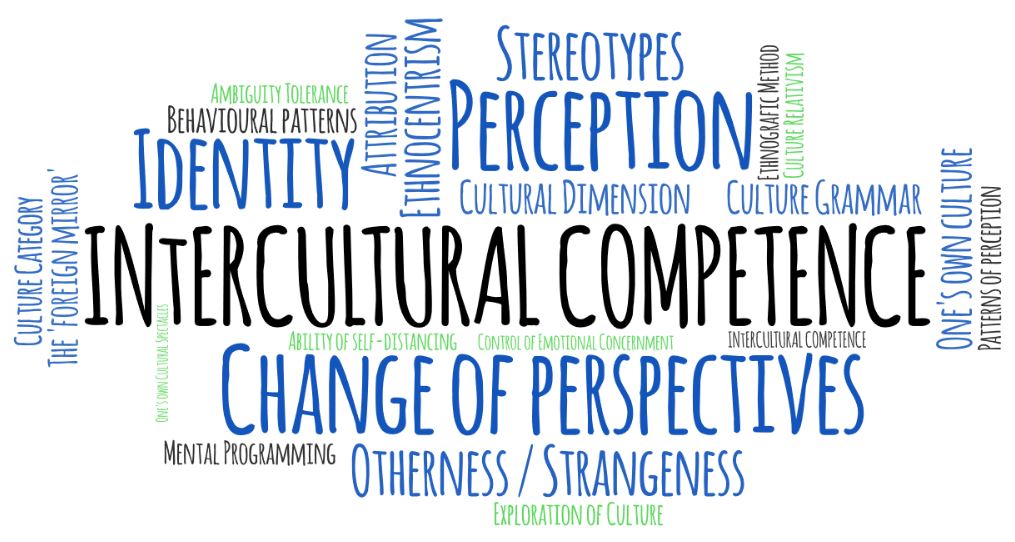
After the great success of this course and the positive feedback received, EPICUR is happy to announce that this course will be offered again in the EPICUR Summer term 2024!
Text by Holger Witzenleiter, teacher of “Intercultural Competency” course
Main picture: Sandra Meyndt
Learn more about interculturality
If you want to learn more about Interculturality within EPICUR, check out our “Intercultural skills & Employability” video, including testimonials from students, alumnis and professionnals.


